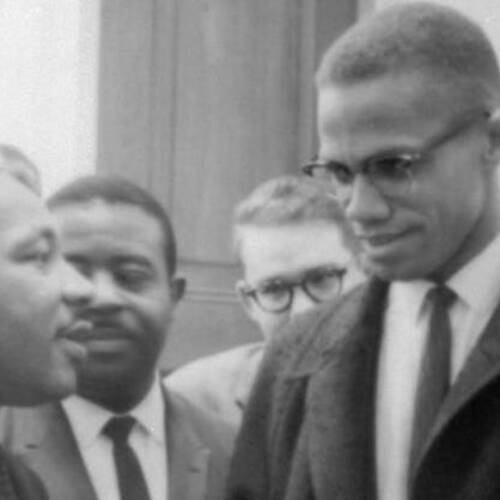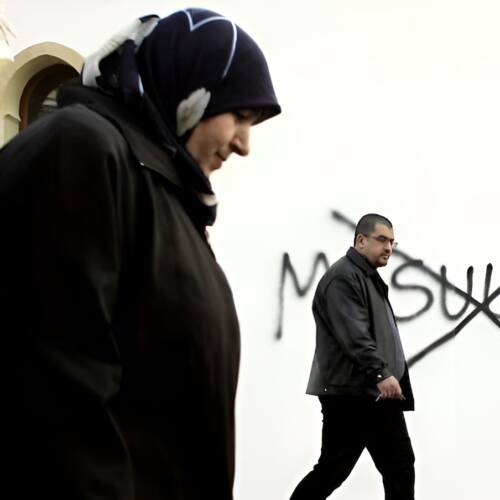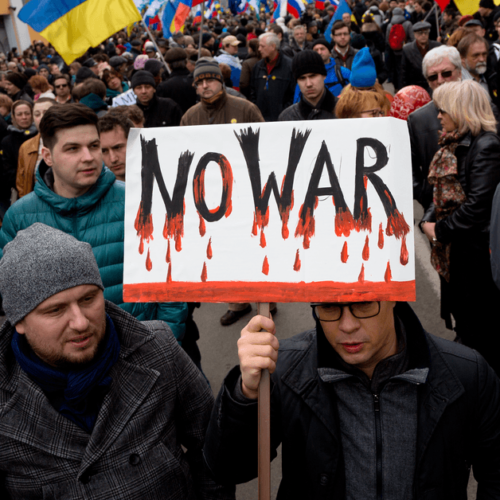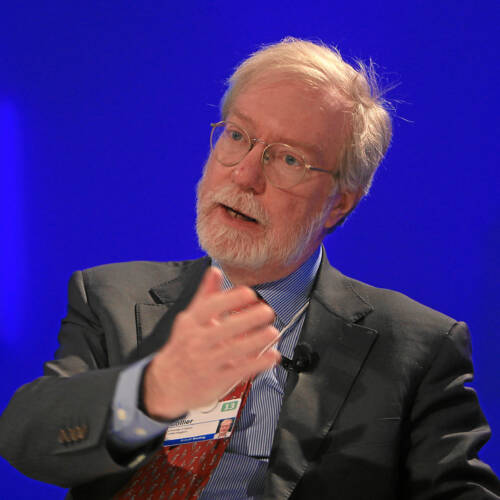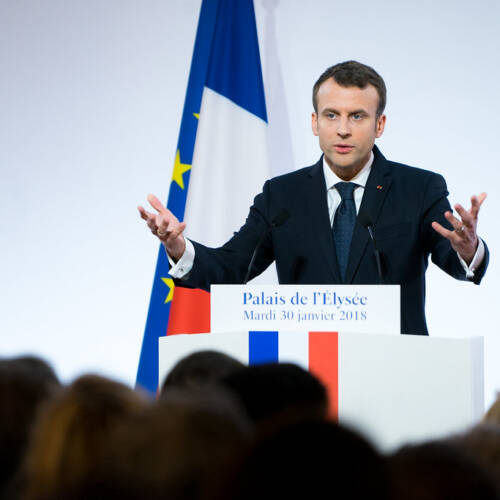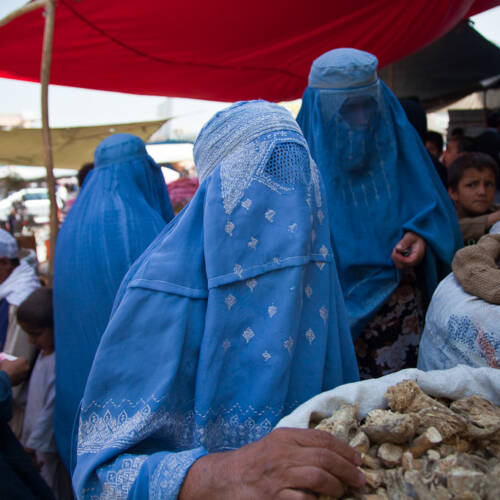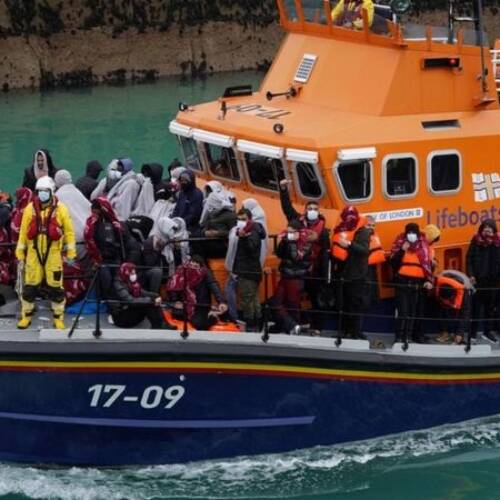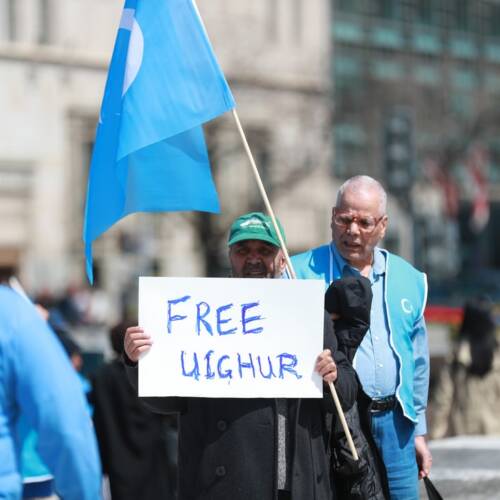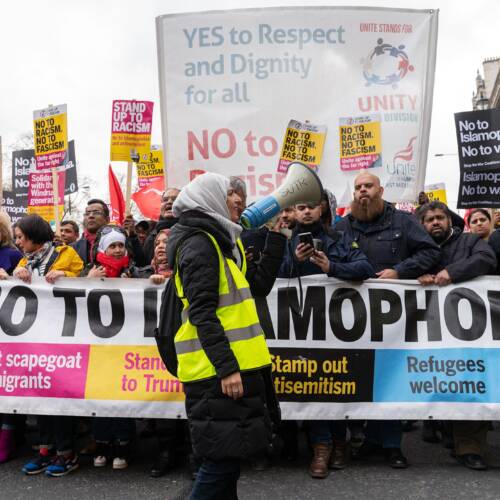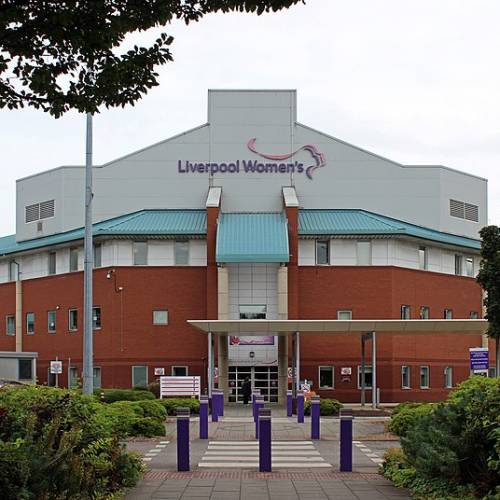
What French Control of the EU Council means for Europe’s Muslims
06 Jan 2022Many fear that the approaching French Presidential election will interfere negatively with EU policymaking, as Macron begins his 6-month term presiding over the Council of the European Union.
As he unveiled his priorities for the French presidency of the Council last month, there was subtle indication from Emmanuel Macron that the protection of France’s national interests would form the undercurrent of his term in a powerful EU institution.
This may have confirmed the fear of many in Brussels, that Macron would use such a platform to bolster his reelection hopes in April and display his policy priorities to the French electorate in a European context. However, the anti-Muslim political discourse that comes with modern French politics and increases during French elections might leave Europe’s Muslims concerned as to what this means for EU policymaking.
When it comes to French presidential elections, a broad range of politicians find it desirable to adopt anti-Muslim discourse in their campaigns. Once an electoral strategy of the right-wing, Islamophobia has moved firmly into mainstream/centrist policymaking and political thinking in France. Take Macron as an example, in seeking re-election has already enforced multiple anti-Muslim policies including a bill aimed to prevent a “counter society” among France’s six million Muslims.
In the run-up to the election in April, it won’t just be Macron who will take part in various toxic debates on Islam and Muslims, which include scathing remarks on migration and race. Adding to the venomous culture will be far-right candidates Marine Le Pen and Eric Zemmour, who have made migration the central focus of their campaigns. Both politicians have attracted almost a third of the French electorate whilst conservative candidate Valeire Pecresse is also surging in the polls.
Their popularity is a warning to Macron, who in response has tried to match their campaigns with his own display of anti-Muslim campaigning and policies. For example, in France he shut down the Collective Against Islamophobia, a leading anti-discrimination body which documents anti-Muslim hate crimes.
And as he enters the inferno of a closely contested election, European leaders will brace themselves for his leadership of the Council, which could entail a hyperactive approach to policymaking in one of the EU’s most powerful institutions, in a bid to win votes. This could include using the EU presidency to push Europe-wide anti-Muslim measures.
This could be a reasonable fear, as France historically hasn’t shied away from interfering in EU affairs. The European commissioner for equality, for example, was recently called out by French ministers for meeting members of Femyso, the Forum of European Muslim Youth and Student Organisations, a network that also participated in a Council of Europe anti-discrimination campaign focusing on hijabs.
However, concerning the actual power the President of the Council of the EU holds, there could be doubt as to whether Macron will be that transformative in his term. Quite so, previous Council Presidencies have had a difficult time pushing for initiatives of their own national interest as they require consensus for ratifying policies and have little time to do so.
Although, what is still significant to note is that anti-Muslim racism has worsened across Europe, according to an annual European Islamophobia report in 2020 that was contributed to by scholars and experts from more than 30 European countries. Such a culture infiltrating European politics can only have negative implications for the 50 million Muslims on the continent.






